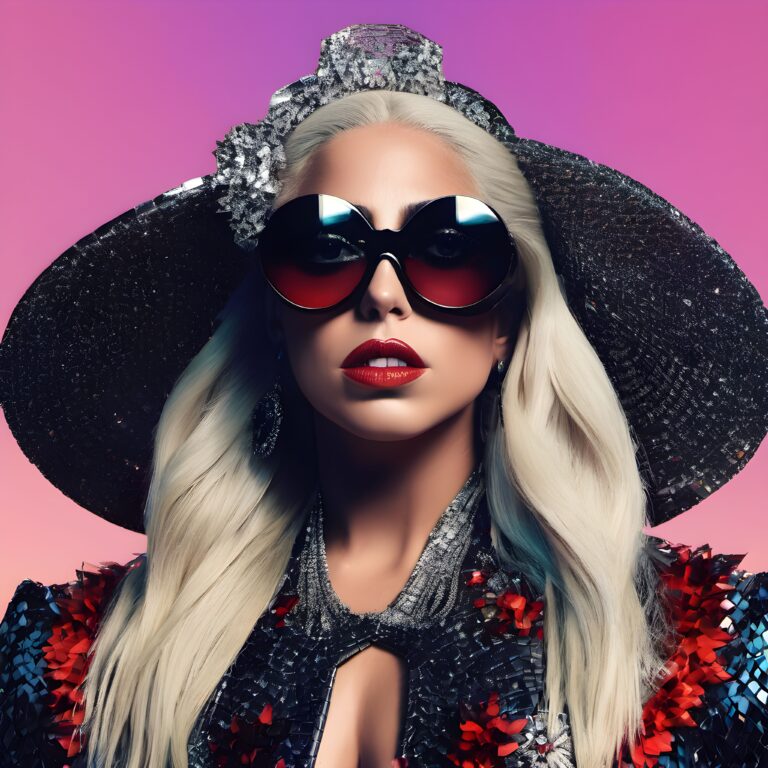In a highly anticipated verdict, a jury has cleared Ed Sheeran of copyright infringement in a case involving his hit song “Thinking Out Loud” and Marvin Gaye’s classic “Let’s Get It On.” The lawsuit, filed by the estate of late musician Ed Townsend, who co-wrote “Let’s Get It On” with Gaye, claimed that Sheeran had copied various elements of the song in his 2014 hit.
The case has been closely watched by music industry insiders and copyright experts, who are grappling with questions about what constitutes copyright infringement in the realm of music. The lawsuit against Sheeran is just one of several high-profile cases in recent years that have tested the boundaries of musical copyright law.
The jury ultimately ruled in Sheeran’s favor, finding that while there were similarities between the two songs, there was no infringement. Sheeran’s defense argued that any similarities were common elements in the genre of romantic ballads, and not specific to “Let’s Get It On.”
The decision is a major victory for Sheeran, who has faced multiple copyright lawsuits in recent years. In 2017, he settled a case with the writers of Matt Cardle’s song “Amazing” over similarities to his own hit “Photograph.”
But the ruling also has wider implications for the music industry as a whole. Some experts have argued that the decision could lead to a loosening of copyright laws, making it more difficult for musicians to protect their work from infringement.
Others, however, have praised the verdict as a step towards a more nuanced approach to copyright law. The music industry has long struggled with questions of what constitutes originality in music, and whether it is possible to copyright certain musical elements such as chord progressions or melodies.
In recent years, high-profile cases like the one against Sheeran have shed light on these issues and sparked debates among musicians, legal experts, and music fans alike. Some argue that strict copyright laws stifle creativity and prevent musicians from building on the work of others, while others maintain that copyright protection is necessary to ensure that artists are fairly compensated for their work.
Ultimately, the decision in the Sheeran case is unlikely to settle these debates. But it does represent an important moment in the ongoing conversation about music copyright and what it means for the future of the music industry. As technology continues to change the way we create and consume music, these debates are likely to become even more pressing in the years to come.











